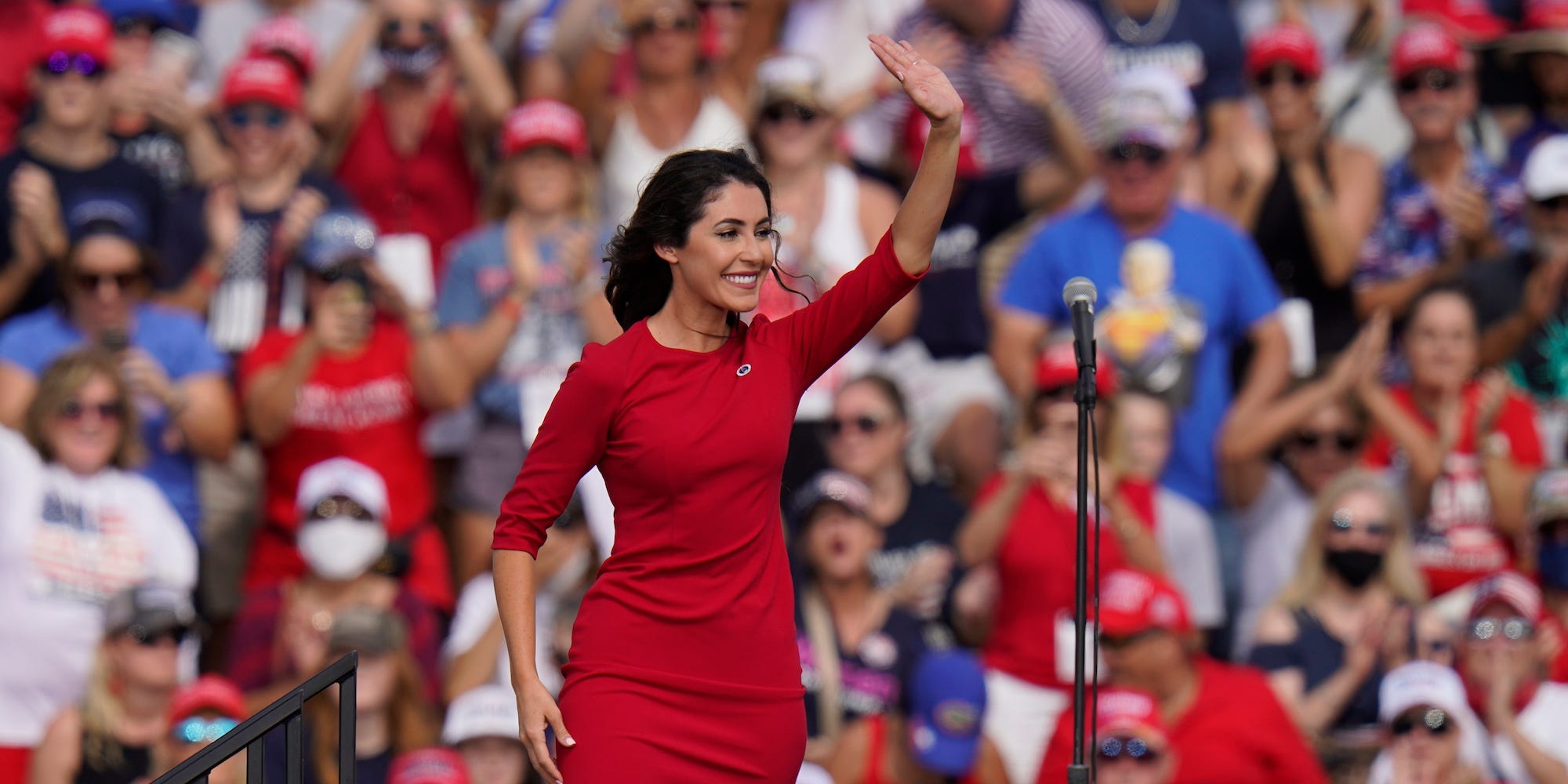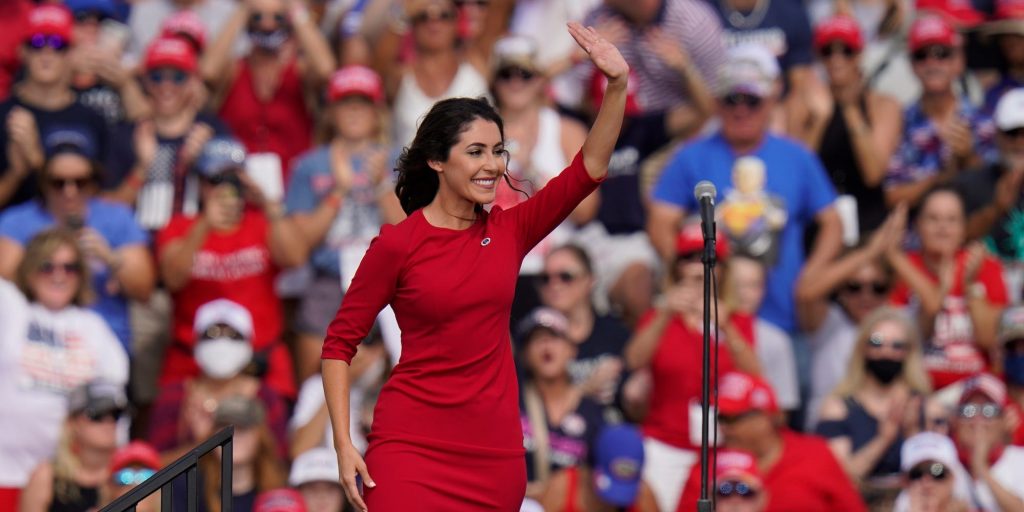
AP Photo/Chris O'Meara
- Twitter refused to verify Anna Paulina Luna, a Florida GOP House candidate, due to her history of "abusive" posts.
- Luna filed a complaint last year with the FEC accusing the platform of "anti-conservative discrimination."
- But the FEC dismissed her complaint, saying Twitter can deny users verification to keep advertisers happy.
The Federal Election Commission has officially cleared Twitter of wrongdoing after the company refused to verify the account of a Republican congressional candidate with a history of controversial posts, according to documents made public this week.
The complaint was initially filed in October 2020 by a lawyer for Anna Paulina Luna, who unsuccessfully ran against Democratic Rep. Charlie Crist of Florida.
By verifying Crist but not her, Luna alleged, the platform was essentially making a prohibited corporate in-kind political contribution to her Democratic opponent and violating equal-access rules that typically apply to TV and radio broadcasters.
Verified Twitter users have a prominent check mark next to their name, which signals the authenticity of the account and often the prominence of the person using it. Barring violations of Twitter's terms of service, the platform verifies all major federal candidates and incumbents.
"Twitter's anti-conservative discrimination became illegal when Twitter deliberately refused to 'verify' Anna Paulina Luna," the complaint read. "In its attempt to minimize the views it does not like by suppressing APL's account, Twitter has run afoul of several FEC and FCC regulations." The complaint included pages of correspondence between her campaign and the social media giant where she repeatedly requested verification but didn't receive it.
In a response submitted to the FEC two months later, Twitter pointed out that Luna had violated their website's terms of service several times before becoming a congressional candidate, citing a litany of controversial comments including comparing Hillary Clinton to herpes during a Fox News interview, declaring that Kamala Harris believes that "child rape and the slavery of Hispanic women and children is a joke," and comparing Immigration and Customs Enforcement vehicles to ice cream trucks.
Twitter also pointed to advertisers' concerns about extremist content as a justification for denying Luna her verification. They noted in particular that Procter and Gamble told Twitter and other companies that they "simply will not accept or take the chance that our ads are associated with violence, bigotry or hate."
The FEC was ultimately unanimous in finding that Twitter did not violate the law, given its commercial interest in suppressing hateful speech.
"Twitter credibly asserts that it determined, in its business judgment, that Luna's tweet and other activities violated its rules and that verification of her account and perceived endorsement thereof would have a detrimental effect on its brand and ability to maintain and attract advertisers," five of the six commissioners wrote in a statement of reasons.
The New York Times reported in September that social media companies have continued to successfully use arguments about "commercial interest" to defend their content moderation practices, even in the face of complaints about bias or discrimination from conservatives.
Interestingly, two of the commissioners argued in a separate document that being verified on Twitter shouldn't even be considered a thing of value in the first place because even though it "may confer a certain level of public relevance, cachet, and clout" it can't be bought and sold in a straightforward manner.
Luna has already announced a 2022 bid for the same seat, given that Crist is vacating it and running for governor instead. Her Twitter account remains apparently unverified, and her campaign did not respond to Insider's request for comment.
